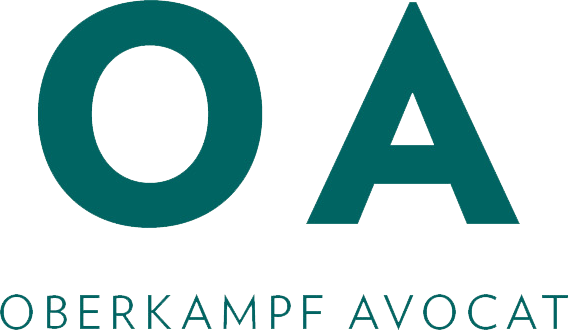Key highlights from April 2022 in the sustainability space.
Draft European Sustainability Reporting Standards published - The European Financial Reporting Advisory Group (EFRAG) announced the release of its initial draft of European Sustainability Reporting Standards, setting out the proposed rules and requirements for companies to report on sustainability-related impacts, opportunities and risks under the EU’s Corporate Sustainable Reporting Directive (CSRD) which is currently under development. The draft is subject to public consultation until August 8, 2022.
Proposal for directive against SLAPP – The European Commission issued a proposal for a directive protecting persons who engage in public participation from manifestly unfounded or abusive court proceedings (“strategic lawsuits against public participation” or SLAPP). Recognizing SLAPP as an increasingly prevalent phenomenon in the European Union, the Commission’s proposal aims to protect the targets of these litigations and to limit the further expansion of the phenomenon. Under the proposed regulation, courts would be entitled to request security for costs from claimants, and they would offer accelerated early dismissal procedures. Also of note, the proposal includes a shifted burden of proof in early dismissal proceedings, as well as the availability of “effective, proportionate and dissuasive penalties on the party who brought those proceeding.” The feedback period is scheduled to close at the end of June.
ESG listed among SEC Division of Examinations’ priorities for 2022 – In a March 30 press release, the SEC’s Division of Examinations announced it would continue its focus on ESG-related advisory services and investment products and focus particularly on whether registered investment advisors and registered funds are accurately disclosing their ESG investing approaches and have policies and procedures in place to prevent violations of the federal securities laws in connection with their ESG-related disclosures.
SEC first ESG-related enforcement action – In line with its announced priorities, the SEC filed a complaint on April 28, alleging that Vale, one of the largest iron ore’s producers worldwide, published false and misleading information in its sustainability report and other ESG disclosures. The Brumadinho dam had collapsed on January 25, 2019, killing 270 people and causing an environmental disaster at the Paraopeba River. Meanwhile, Vale’s ESG reports and a webinar posted on the company’s website emphasized the company’s commitment to dam safety. This case should be watched closely as it may inform on the various risks linked to ESG-related statements, including enforcement actions.
Meta expands E2EE to all its messaging apps – After commissioning BSR to conduct a thorough Human Rights Impact Assessment of a possible expansion of end-to-end encryption to Messenger and Instagram DMs, Meta is moving forward. The report, which is published in full on Meta’s website, acknowledges the positive human rights impact of end-to-end encryption and makes 45 recommendations to ensure adverse impacts linked to the expansion of E2EE are mitigated. Significant risks identified by BSR include the inhibition of Meta’s ability to detect, remove and report child sexual abuse and exploitation, the virality of hate speech and harmful misinformation as well as digital recruiting and general use by extremist and terrorist groups. A number of BSR’s recommendations touch on the necessary strengthening of user reporting mechanisms, the efficiency of which will be key to prevent and mitigate serious human rights violations linked to the use of these end—to-end encrypted platforms.
New Duty of Vigilance action against McDonald’s in France – One French and two Brazilian workers’ unions claim that McDonald’s coffee supplier committed serious human rights and environmental violations. Mc Donald’s orange juice supplier is also targeted by the plaintiffs of labor law violations. Mc Donald’s has so far failed to publish a vigilance plan as mandated by the 2017 French law on the duty of vigilance for companies with more than 5000 employees in France or meeting other distinct thresholds. McDonald’s has 3 months to comply and publish its vigilance plan before the three workers’ unions may bring their claims before the Tribunal Judiciaire de Paris.
